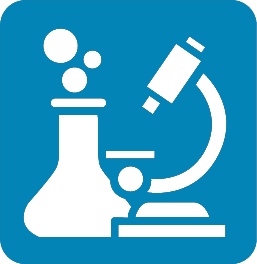Supports the Sharing of Analytical Laboratory Information for Decision-Making
In 2005, the Integrated Consortium of Laboratory Networks (ICLN), a community of seven federal laboratory networks, along with several additional federal analytical laboratory stakeholders was formed through signing of a Memorandum of Agreement (MOA). In 2011, Congress enacted the Food Safety Modernization Act, establishing the ICLN as a Congressionally mandated program. This community established operational policies and practices to enable effective communication and coordination across the federal analytical community in the event of a large-scale chemical, biological or radiological/nuclear (CBRN) incident.
Additionally, ICLN established supporting tools within our portal, ICLN.org, including a methods database and data sharing tools. Unfortunately, no common analytical laboratory data format existed, so the group developed and agreed upon minimum data elements (MDE) consisting of 47 individual data elements and several user defined fields to allow flexibility.
This common format allowed for simpler and faster transfer of analytical data among ICLN laboratory networks by allowing the merging and aggregation of the analytical data from all networks into a single data set, that can then be downloaded for further data analysis and to support information production and decision making. The analytical laboratory unique MDE form the core of the analytical laboratory NIEM data elements domain.
Mission
The Analytical Laboratory subcommittee develops, incorporates and curates analytical laboratory unique data elements/attributes into the NIEM structure to support simplified data sharing among analytical data producers and consumers.
Governance
The Analytical Laboratory subcommittee develops, incorporates and curates unique data elements/attributes into the NIEM structure to support simplified data sharing among analytical data producers and consumers.
Get Involved
For questions or to request subcommittee membership, please contact ICLN@hq.dhs.gov for more information.

